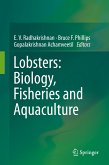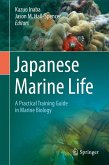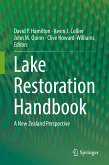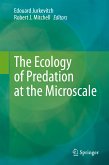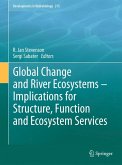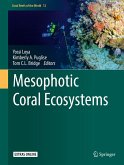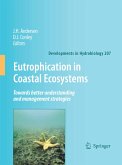The concept of Satoumi goes beyond the idea of protecting pristine nature by eliminating humans. It is about creating coastal environments where humans closely connect with the sea, which leads to the effective conservation and sustainable management of various natural resources and ecosystem services.
This book will be of high interest to managers, governments, environmental groups, and the research community. Chapters cover current and emerging concerns, such as over- and under-use of natural resources, restoration of damaged ecosystems, and co-creation of new relations between humans and coastal seas, from transdisciplinary approaches to tackle with complex and 'wicked' challenges of coastal social-ecological systems.
Dieser Download kann aus rechtlichen Gründen nur mit Rechnungsadresse in A, B, BG, CY, CZ, D, DK, EW, E, FIN, F, GR, HR, H, IRL, I, LT, L, LR, M, NL, PL, P, R, S, SLO, SK ausgeliefert werden.



